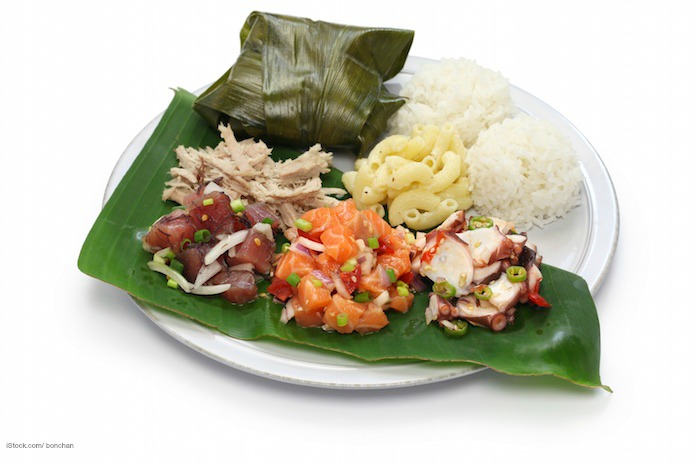The Hawaii State Department of Health is investigating 14 cases of Salmonella infections on the island of Oahu. All of these patients got sick in mid to late October, 2016. Four of those sickened have been hospitalized because their illnesses are so serious.

A source of this outbreak has not yet been confirmed, but preliminary investigations have identified consumption of raw fish as the possible source of the pathogenic bacteria. It’s worth noting that the hepatitis A outbreak in Hawaii that occurred in the summer of 2016 was also linked to raw seafood; in that case, raw scallops that were imported from the Philippines.
The fish in question is poke that contains limu (also called “ogo” or “seaweed”). Consumption of that product is common among the cases in this outbreak. The tainted limu is linked to a seaweed farm on Oahu. That facility was ordered by the Department of Health to halt operations and tell its customers to remove its products from commerce immediately.
“Although our investigation is still ongoing, our preliminary investigation has implicated limu, also known as ogo or seaweed, produced at a particular farm on Oahu,” said State Epidemiologist Dr. Sarah Park. “To protect the public’s health, the department stepped in to make sure this product is no longer being put on the market pending further investigation. At the same time, we want the public to be aware of the situation so they may seek medical care if needed.”
Salmonella bacteria can be present in almost any food. It is destroyed by cooking foods to a temperature of 160°F.
Symptoms of a Salmonella infection include nausea, vomiting, diarrhea that may be bloody, abdominal cramps, and fever. These symptoms usually begin six to seventy-two hours after exposure to the pathogenic bacteria.
While most people recover on their own after a Salmonella infection, some, especially the very young, the elderly, people with compromised immune systems, and those with chronic health conditions can become seriously ill. Dehydration is a common reason for hospitalization.
And the long term consequences of a Salmonella infection can be serious. Reiter’s Syndrome can cause reactive arthritis. And patients can develop high blood pressure or irritable bowel syndrome years after this infection. If you ate limu poke in Oahu in October and have developed these symptoms, please see your doctor.




